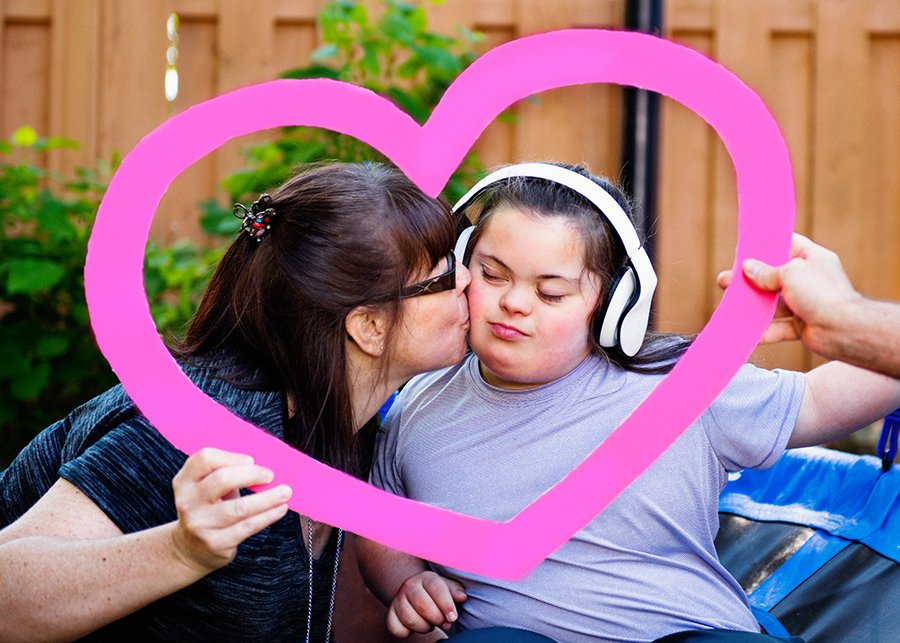
By Colin Smith | Contributor
In 2011, a ten-year-old boy with autism was discovered wandering a hospital alone. His mother felt overwhelmed by his medical and behavioral challenges and chose to leave him there. Unfortunately, this situation is not unique; parents of children with special needs often find themselves in desperate circumstances. As a result, these children frequently end up in the care of child protective services or relying on the Social Security Disability system, with the unfortunate ones facing even worse scenarios.
The obstacles these parents encounter are immense. Autistic children can inflict harm on themselves without constant supervision. Children with hemophilia may need emergency treatment for minor injuries. Teenagers suffering from schizophrenia might act on irrational delusions, leading to arrests or impulsive spending. Employment options for parents are often limited due to the time and financial commitment needed to meet their children’s needs. Reliable medical insurance is crucial, especially when emergencies require them to be away from work frequently. Further complicating matters, navigating the social security system presents its own difficulties.
What occurs when these overburdened parents reach their breaking point, become incapacitated, or pass away? With their primary support absent, children can begin to “unravel,” requiring someone to step in and assist. Based on my experience, one of the most significant challenges for parents is finding a willing successor. Relatives are understandably hesitant about taking on such responsibilities, but there are strategies to facilitate the transition.
Firstly, be proactive. Determine in advance who will take charge if you can no longer fulfill that role. Establish a plan for applying for social security or guardianship, either now or in the future. Educate your chosen successor; they should be aware of existing arrangements, where documents are stored, and the steps to take in case of an emergency.
Secondly, anticipate and prepare for the future. If you pass away, should your child remain at home, move in with someone else, or join a community? Will they have job opportunities, and what if they cannot work? Consider how you would respond to each scenario and document your thoughts. Providing your successor with clarity on your preferences will alleviate a substantial burden.
Thirdly, ensure you have a comprehensive estate plan that aligns with your wishes. Your estate plan might need to include a supplemental or special needs trust, allowing your child to access other assets while still receiving government benefits. This tool is invaluable based on individual circumstances. Additionally, your estate plan could include provisions for compensating your child’s future guardian or trustee, which may help address their concerns about costs.
Lastly, if you’re not already engaged, consider getting involved in philanthropic or political efforts. Mental health is a pressing issue that impacts everyone. Those in dire need of support may easily fall through the gaps in the system. Organizations are often short on volunteers and funding, so look into how you can contribute and make a difference today.
Editor’s Note: Reach Colin Smith at colin@colinsmithlaw.com or call 972.773.9095. www.ColinSmithLaw.com
ABOUT COLIN SMITH:
Colin Smith holds a computer science degree from the University of Texas and worked as a software consultant for a decade before pursuing his law degree from SMU in 2010, attending classes during evenings and weekends. His most fulfilling work involves helping families prepare for the future, with a legal focus on estate and business planning, particularly living trusts. Colin is a member of the State Bar of Texas, the Dallas Bar Association, and the Dallas Trial Lawyers Association. In his personal time, he enjoys golfing with his kids, leading a Cub Scout den, attending University of Texas football games and Texas Ranger games, and engaging in woodworking.






